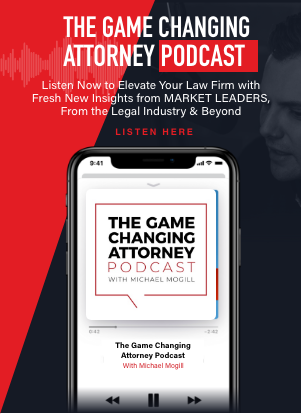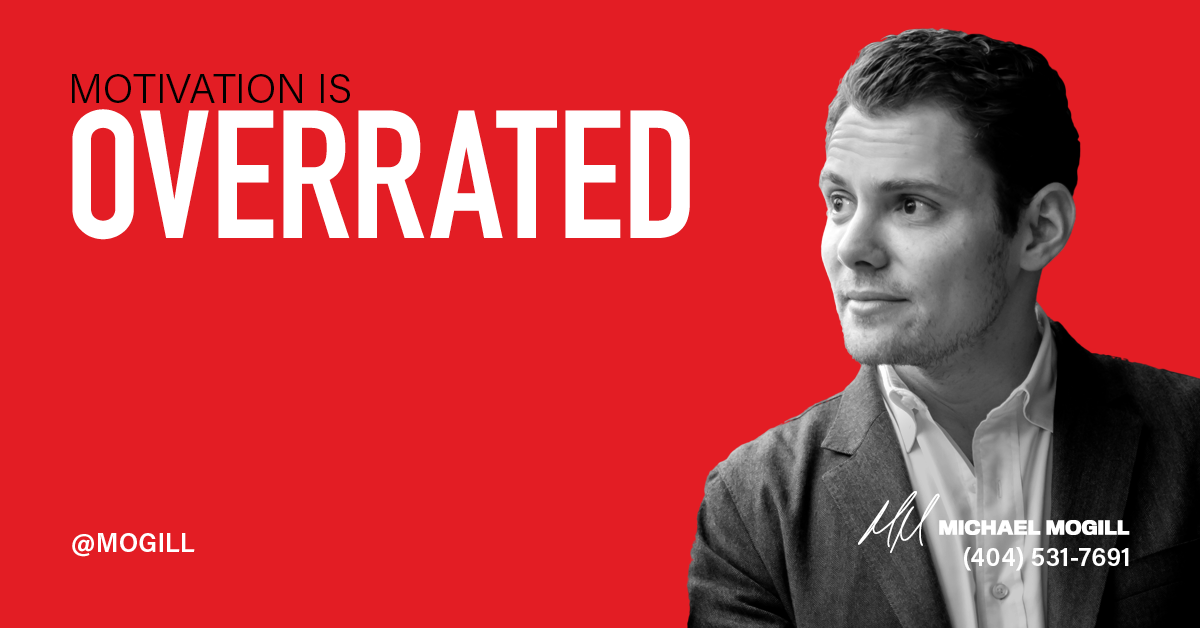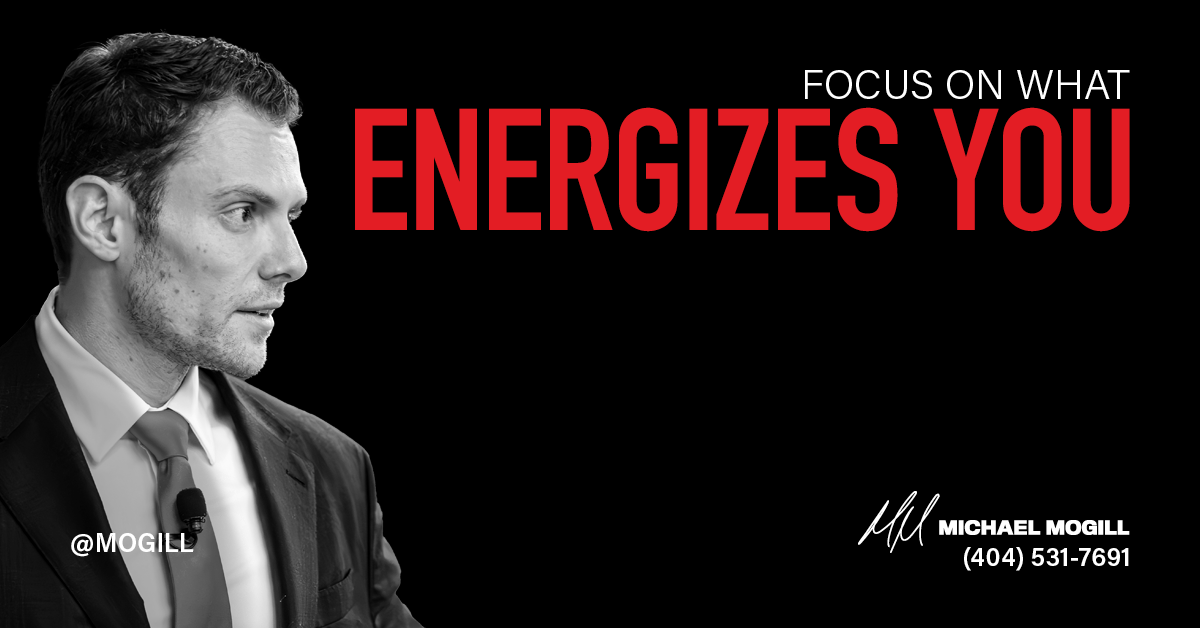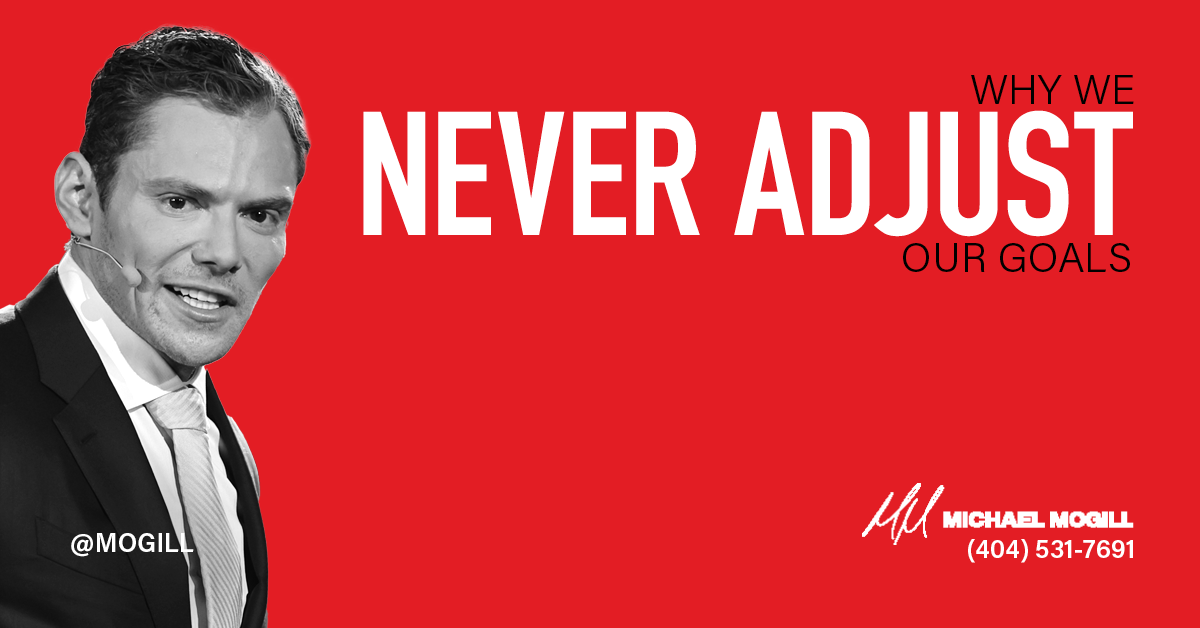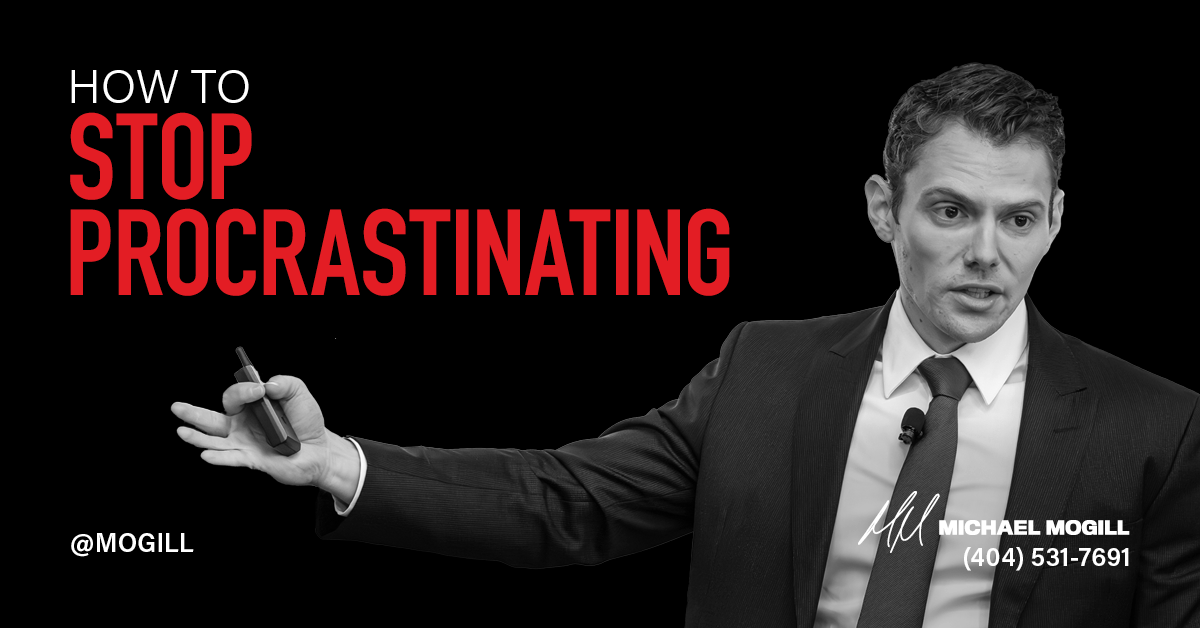The following is adapted from The Game Changing Attorney by Michael Mogill.
Have you ever stopped to consider your unique value proposition?
Your value proposition is what sets you apart from the competition. It’s informed by your story: who you are, where you came from, and why you do what you do.
Many of the attorneys I work with have never stopped to consider what makes them stand out in a crowded legal landscape. If they do know their differentiator, they might not be communicating it to the public as well as they should, which means potential clients might be passing over them for another attorney they know more about.
To craft a unique value proposition that will resonate with your audience, it comes down to three essential steps: demographics, pain points, and your message.
#1: Demographics
Think back over the past year and write down the top ten clients you’ve worked with. What’s true about these people? What do they have in common?
- Are they men or women?
- Do they fall within a certain age range?
- Do they speak a certain language?
- What is their household income?
- What is their level of education?
Many of the attorneys I work with are hesitant to take this step because they work with a lot of people. That may be true to an extent, but when you start putting the pieces together, many of your clients have something in common.
Maybe they’re all homeowners. Maybe they all work part-time.
It’s easy to dismiss details like this, but these become essential pieces of information when you begin crafting your marketing message.
At the video production company I own, Crisp Video Group, I feel like we know our ideal client well. Even so, I have our team practice this exercise once a year. We usually end up learning something new, from the books our attorneys read to the conferences they attend.
#2: Pain Points
How do prospective clients find you? What are they typically going through when they reach out to you? What problem can you help them solve?
Pain points are all about the stressors that your prospective clients need help with. Maybe they’re distressed and looking for answers. Maybe they had a traumatic experience—an injury, criminal charges, divorce, etc.
Remember, our emotions drive our decisions. Worry and fear leave us feeling anxious about something that has happened or might happen, whether real or imagined.
The pain of shame, perhaps from regrettable behaviors like a DUI, drive us to seek a resolution. Compassion motivates us to seek out solutions that will help others.
Whatever emotion drives your clients into your office, they’re coming to you because they’re searching for a solution. This is true if you’re an attorney or a chiropractor.
Our clients, for instance, don’t contact us because they need someone to shoot a video. They come to us because their market is crowded and they’re looking for an edge. From there, it’s important to understand your typical client’s depth of knowledge: How much do they know about the legal process? Are they looking for a partner or for a leader?
#3: The Message
Why did you decide to become an attorney, and what does practicing law mean to you? Why do clients choose to work with you as opposed to another firm?
I’m sure you already know exactly why you became a lawyer, but have you ever bothered to write it out and share it with others?
Once you’ve answered these questions, it’s time to take all this information and summarize it in an affirmative statement such as:
I help [ideal clients] with [their pain point] because I [reason you became a lawyer].
I help [ideal clients] who are struggling to [solve a pain point] and who are typically asking themselves one of the following three questions: [list questions].
The more you understand how you fit into the picture, the better you can drive your audience to action and connect and engage with them. If you don’t understand these three elements, however, you and your audience are going to keep missing each other. You’ll be marketing in one direction while they’re looking for help in another.
For more advice on telling your story as a lawyer, you can find The Game Changing Attorney on Amazon.
Michael Mogill is Founder and CEO of Crisp Video Group (www.crispvideo.com), the nation’s fastest-growing legal video marketing company and the author of the “The Game Changing Attorney” (available on Amazon). He’s helped thousands of attorneys — from solo and small firms to large practices — differentiate themselves from competitors and earn millions in new revenue. Crisp has been named to the Inc. 500 list of America’s fastest-growing companies and has been awarded Best Places to Work. A sought-after speaker, Michael often presents at national conferences on innovative ways to create exponential business growth. His advice has been featured in publications such as Forbes, Inc., Avvo, ABA Journal, The Trial Lawyer, Huffington Post, and Wall Street Journal.

